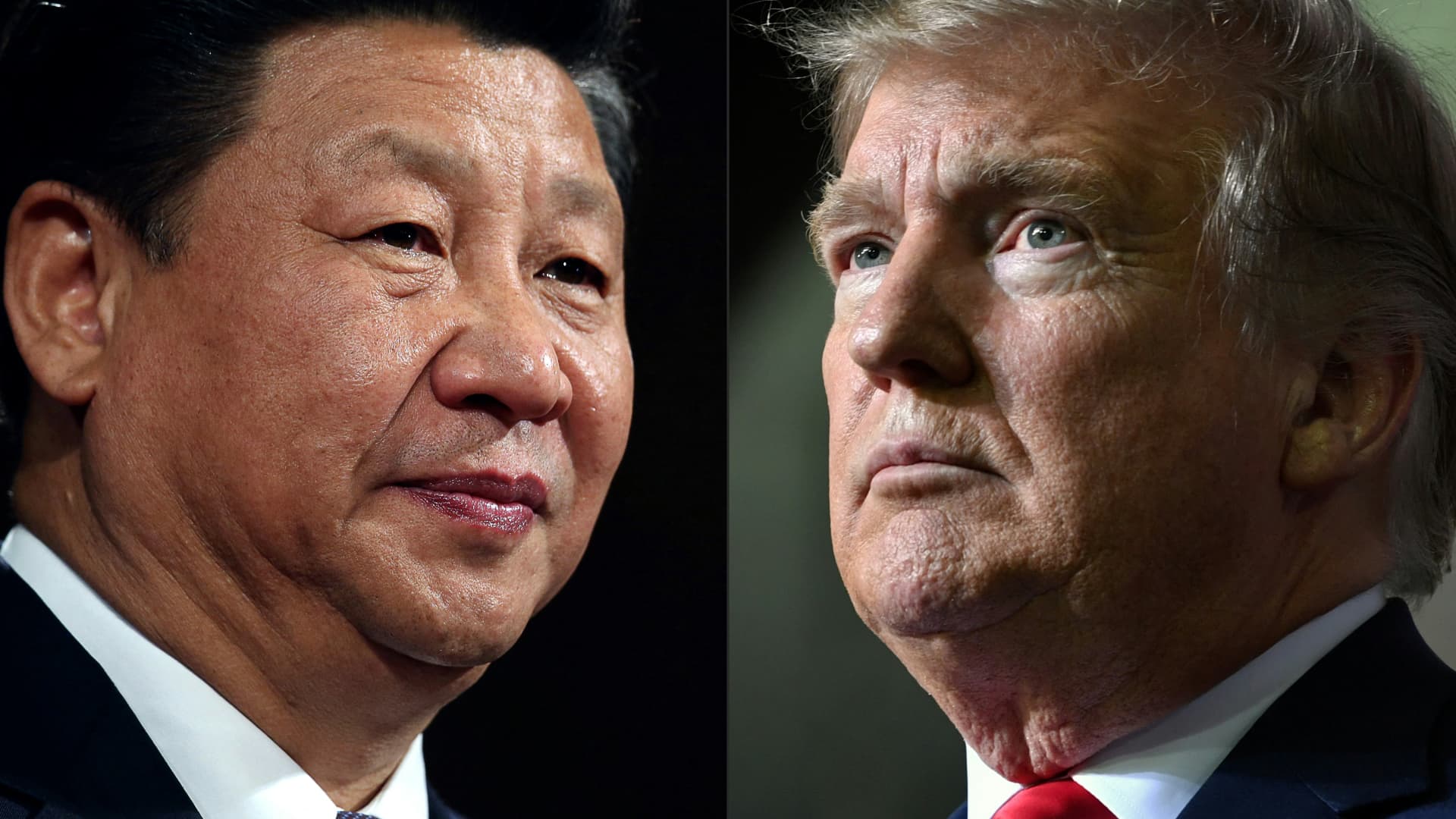A person shops at a Whole Foods Market grocery store on December 17, 2024 in New York City.
Spencer Platt | Getty Images
This report is from today’s CNBC Daily Open, our international markets newsletter. CNBC Daily Open brings investors up to speed on everything they need to know, no matter where they are. Like what you see? You can subscribe here.
What you need to know today
U.S. government shutdown suspended
The U.S. government narrowly avoided a shutdown after President Joe Biden signed a stopgap government funding bill on Saturday. President-elect Donald Trump and Elon Musk thwarted an initial, negotiated funding plan Wednesday by harshly criticizing its provisions, and specifically insisted on suspending the U.S. debt limit for two years.
Slight chill in price increases
U.S. headline inflation in November rose just 0.1% from October, according to the personal consumption expenditures price index. On an annual basis, prices increased 2.4%. Both readings were 10 basis points lower than expected. Core inflation also came in 10 basis points below forecast. The PCE is the U.S. Federal Reserve’s preferred gauge of inflation.
U.S. and Asia-Pacific markets rise
On Friday, the S&P 500 rose 1.09%, the Dow Jones Industrial Average added 1.18% and the Nasdaq Composite climbed 1.03%. But all indexes fell on the week. Asia-Pacific stocks rose on Monday, following a positive finish on Wall Street on Friday. Japan’s Nikkei 225 advanced around 1.2% as Honda, Nissan and Mitsubishi reportedly informed the country’s industry ministry about beginning merger talks.
CEOs see the door
Blue-chip companies, such as Boeing, Intel and Starbucks, announced changes in their chief executive officers this year. They’re not alone. There were 327 CEO departures in U.S. public companies this year through November, according to outplacement firm Challenger, Gray & Christmas. That’s the highest level since the firm started tracking data in 2010.
[PRO] Betting on Broadcom
Nvidia is undeniably the king of the artificial intelligence chip space, and it’s hard to see any company dethroning it in terms of market capitalization. But one portfolio manager told CNBC that Broadcom is “the next Nvidia in terms of outperformance potential











